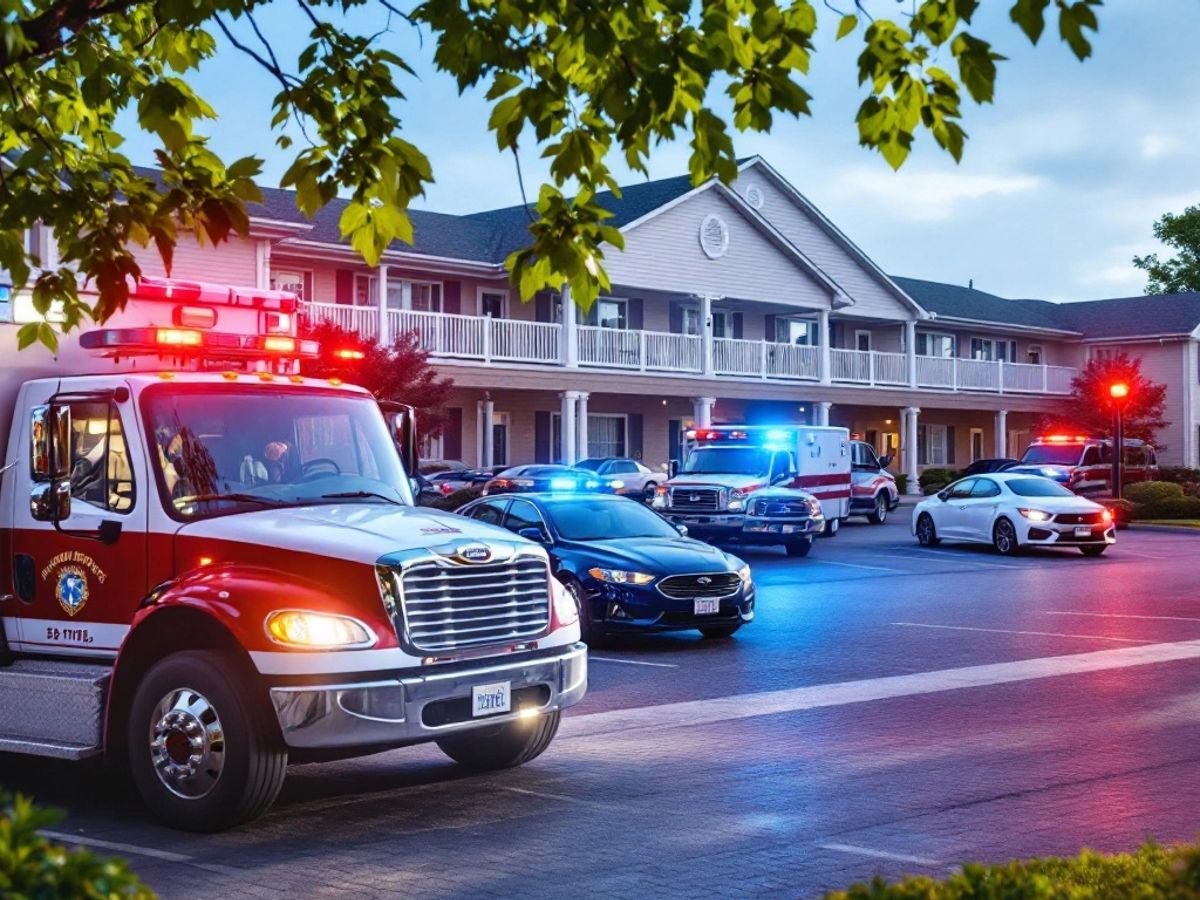El Cajon is exploring a controversial proposal to charge nursing homes for excessive 911 calls, aiming to address the rising number of non-emergency incidents that strain city resources. This initiative could make El Cajon the first city in California to implement such fees, potentially impacting the operations of local care facilities.
Key Takeaways
- El Cajon is considering fees for nursing homes that make excessive 911 calls.
- 44% of calls from care facilities are for non-emergency incidents.
- Proposed fees could reach up to $487 per call after exceeding a set limit.
Rising Non-Emergency Calls
City officials have noted a significant increase in non-emergency calls from nursing homes, with many incidents involving situations that could be managed by on-site staff. For instance, paramedics have responded to calls for prescription refills rather than life-threatening emergencies.
A recent study revealed that:
- The average nursing facility made 1.35 calls per bed.
- Some facilities made up to six times that number.
City Manager Graham Mitchell stated, "That’s clearly an abuse of the system," highlighting the need for a fee structure to encourage facilities to utilize their own medical staff for non-emergency situations.
Proposed Fee Structure
The city is considering a tiered fee system based on the number of calls made by each facility:
- $486.83 for calls exceeding 25% above the average.
- $486.83 for calls exceeding 50% above the average.
- $243 for each call above the average.
These fees would only apply after a facility surpasses a reasonable number of calls, which is still under discussion. The goal is to alleviate the burden on the fire department, which has seen a dramatic increase in call volume.
Concerns and Legal Implications
While the proposal aims to reduce misuse of emergency services, it raises concerns among care facility operators. Some argue that charging for 911 calls could lead to neglect of residents who genuinely need help. Legal experts point out that California law mandates nursing homes to call 911 in emergencies, creating a potential conflict with the proposed fees.
Quinton Berzins, executive director of a local care facility, expressed skepticism about the effectiveness of the fee structure, stating, "You’re telling vulnerable citizens, ‘You can’t use 911.’"
Community Response
The proposal has sparked a mixed reaction from the community and industry stakeholders. Some support the initiative as a necessary measure to curb misuse, while others fear it could compromise patient safety.
City officials are aware of the optics surrounding the proposal, emphasizing that the intention is not to penalize those in need of assistance but to ensure that emergency services are used appropriately.
Next Steps
Mitchell has begun discussions with local care facilities and anticipates presenting a finalized fee structure to the city council early next year. The city previously attempted to address the issue through educational outreach, but results showed only limited success.
As El Cajon navigates this complex issue, the outcome could set a precedent for other cities facing similar challenges with emergency service usage in care facilities. The city aims to balance the need for emergency services with the realities of resource management, ensuring that vulnerable populations receive the care they need without overburdening public services.
Sources
- El Cajon considers charging nursing homes for excessive 911 calls – San Diego Union-Tribune, San Diego Union-Tribune.








